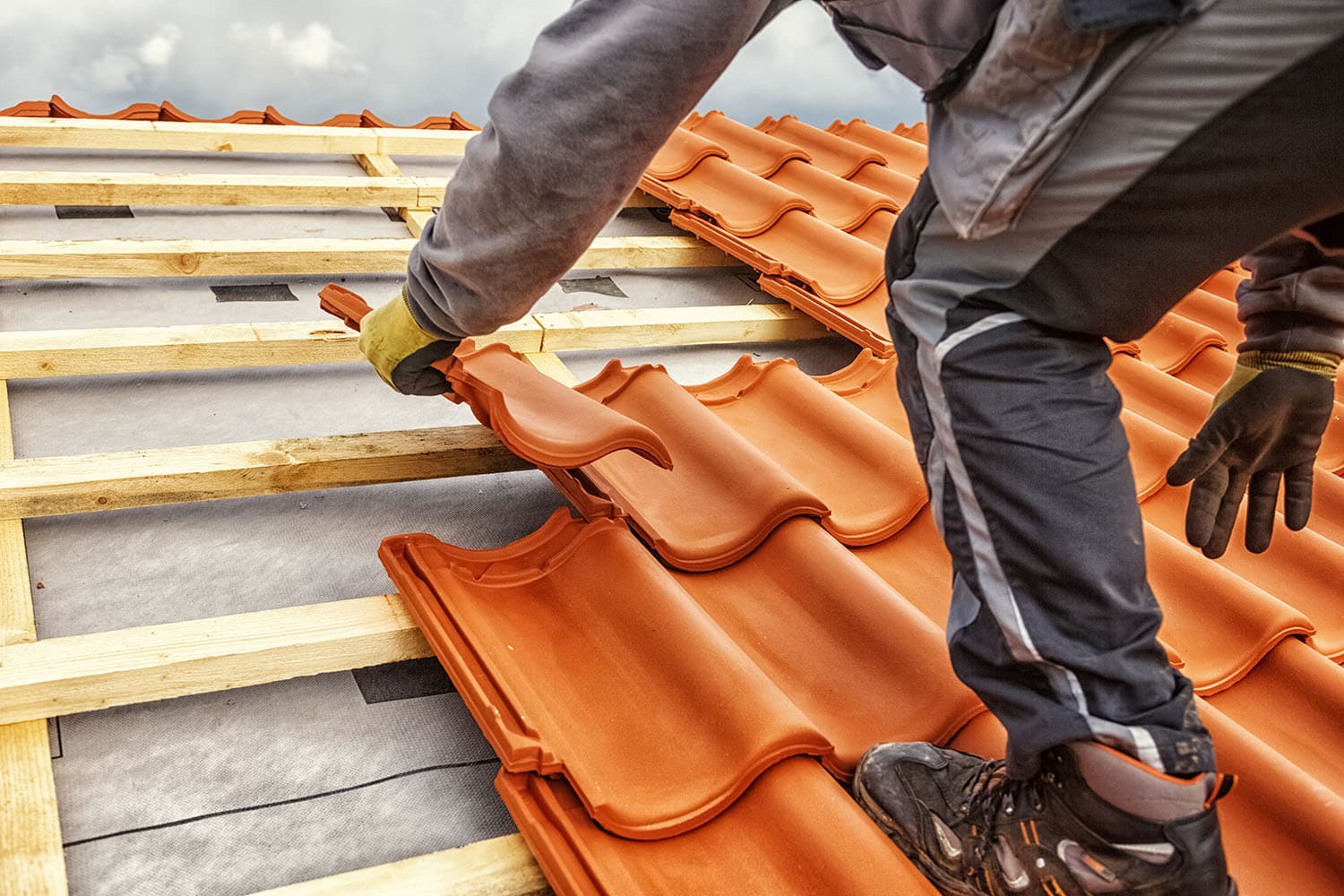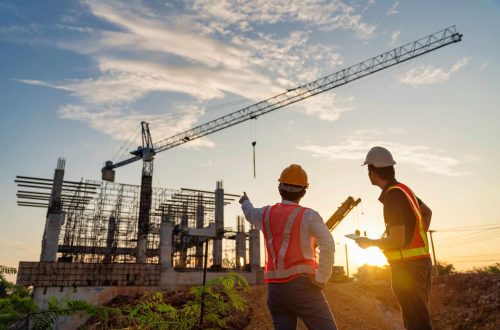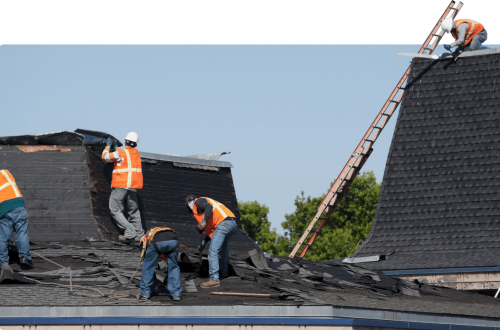Commercial roofing is a critical aspect of building construction, ensuring the safety and longevity of structures. In New Jersey (NJ), like in many other states, regulations govern commercial roofing projects to maintain quality, safety, and environmental standards of commercial roofing nj.
Importance of Regulations
Regulations are put in place to safeguard against substandard workmanship, structural failures, and potential hazards. They provide guidelines for contractors, architects, and building owners to follow during the planning, installation, and maintenance phases of roofing projects.
Key Regulations for Commercial Roofing in NJ
- Building Codes
NJ has specific building codes that dictate the design, materials, and construction methods for commercial roofing nj. These codes are updated periodically to align with industry advancements and safety standards.
- Permit Requirements
Before commencing any commercial roofing project, obtaining the necessary permits from local authorities is mandatory in NJ. Permits ensure that the work meets regulatory standards and undergoes proper inspections.

- Material Standards
Commercial roofing materials must meet NJ’s standards for quality, durability, and environmental impact. These standards help in selecting suitable materials that can withstand the region’s weather conditions and adhere to sustainability practices.
- Installation Guidelines
Installation procedures for commercial roofs must adhere to NJ’s regulations to ensure proper assembly, waterproofing, and ventilation. Compliance with these guidelines enhances the roof’s performance and longevity.
Enforcement of Regulations
NJ has regulatory bodies and building inspectors responsible for enforcing commercial roofing regulations. They conduct inspections at various stages of construction to verify compliance with codes and standards.
Consequences of Non-Compliance
Non-compliance with commercial roofing regulations in NJ can lead to fines, penalties, project delays, and even legal liabilities. Additionally, substandard roofing may compromise the safety and structural integrity of buildings.
Benefits of Adhering to Regulations
Adhering to commercial roofing regulations in NJ offers numerous benefits, including enhanced safety, increased property value, reduced maintenance costs, and compliance with insurance requirements. It also fosters trust and credibility among stakeholders.
Adhering to commercial roofing regulations in NJ is crucial for ensuring safety, quality, and compliance with legal requirements. By understanding and following these regulations, stakeholders can contribute to the longevity and resilience of commercial buildings in the state.





